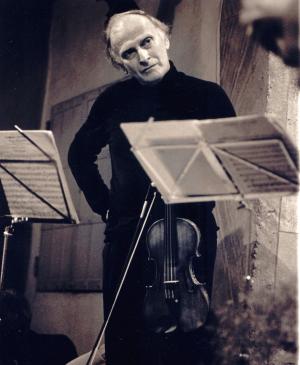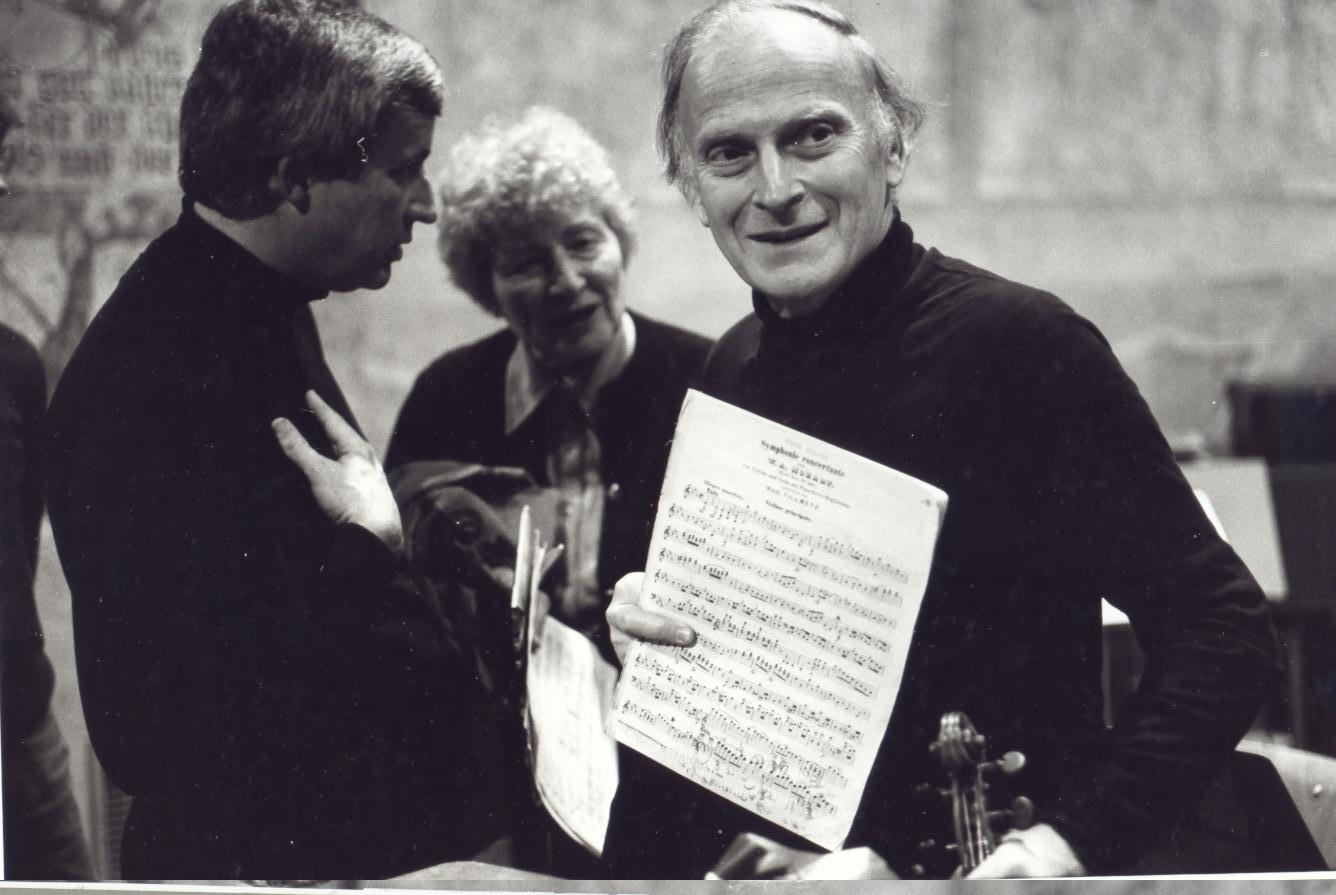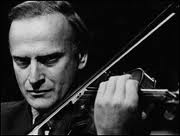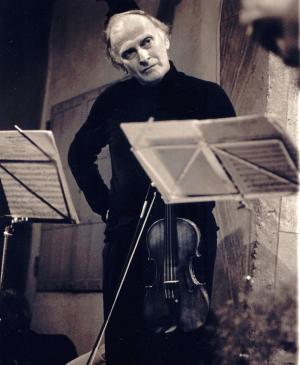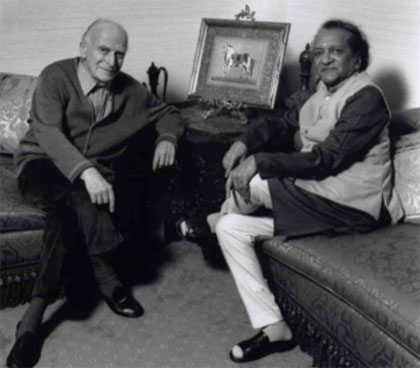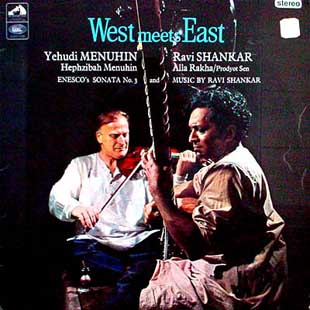Yehudi Menuhin (1916-1999)
/Yehudi Menuhin was born in New York city to Russian Jewish parents from what is now Belarus.
Menuhin began studying the violin at the age of four. He displayed extraordinary talents at an early age. He performed his first solo violin performance at the age of seven with the San Francisco Symphony.
His parents had wanted Yehudi to study with Louis Persinger, who until this point had refused. However on seeing the young prodigy perform he finally agreed to take him on. The Menuhins traveled to Paris and Persinger suggested that Yehudi should study with his own teacher, Ysaye. Finally after trying a lesson with Eugene Ysaye, who was very old at this time, he began studying with George Enescu.
1927 was his debut at Carnegie Hall with the New York Symphony orchestra and in 1928 he toured the US. During the following years he received coaching by Toscanini, recorded the Elgar concertos and completed a world tour visiting Australia, US, New Zealand, South Africa & Europe.
During WWII Yehudi performed for allied soldiers and performed with Benjamin Britten to inmates of the Bergen-Belsen concentration camp after its liberation in April 1945. He performed with the Berlin Philharmonic under Wilhelm Furtwangler’s baton in 1947 as an act of reconciliation, becoming the first Jewish musician to do so following the holocaust. Menuhin made several recordings with the German conductor Wilhelm Furtwangler who had been criticized for conducting in Germany during the Nazi era. Menuhin defended Furtwängler, noting that the conductor had helped a number of Jewish musicians to flee Nazi Germany.
His profound and considered musical interpretations are nearly universally acclaimed. His recording contract with EMI lasted almost 70 years and is the longest in the history of the music industry. He made his first recording at age 13 in November 1929, and his last in 1999 at age 82. In total he recorded over 300 works for EMI, both as a violinist and as a conductor.
Menuhin continued to perform to an advanced age, becoming known for profound interpretations of an austere quality, as well as for his explorations of music outside the classical realm. These include various recordings and concerts with Ravi Shankar, working with famous jazz violinist Stephanise Grappelli, befriending and patronising Yogi B.K.S.Iyengar and bringing Yoga from India to Europe in 1952, establishing the Yehudi menuhin School in UK and performing various pieces that were written specifically for him.
Menuhin with Ravi Shankar
In 1965 he received an honorary knighthood and in 1991 he was awarded the prestigious Wolf Prize by the Israeli Government.
In 1997 Yehudi Menuhin and Ian Stoutzker founded the charity Live Music Now, the largest outreach music project in the UK. Live Music Now pays and trains professional musicians to work in the community, bringing joy and comfort to those who rarely get an opportunity to hear or see live music performance.
In the 1980s Menuhin wrote and oversaw the creation of a "Music Guides" series of books; each covered musical instruments, with one on the human voice. Menuhin wrote some, while others were edited by different authors.
Lord Menuhin died in Berlin, Germany following a brief illness, from complications of bronchitis.








